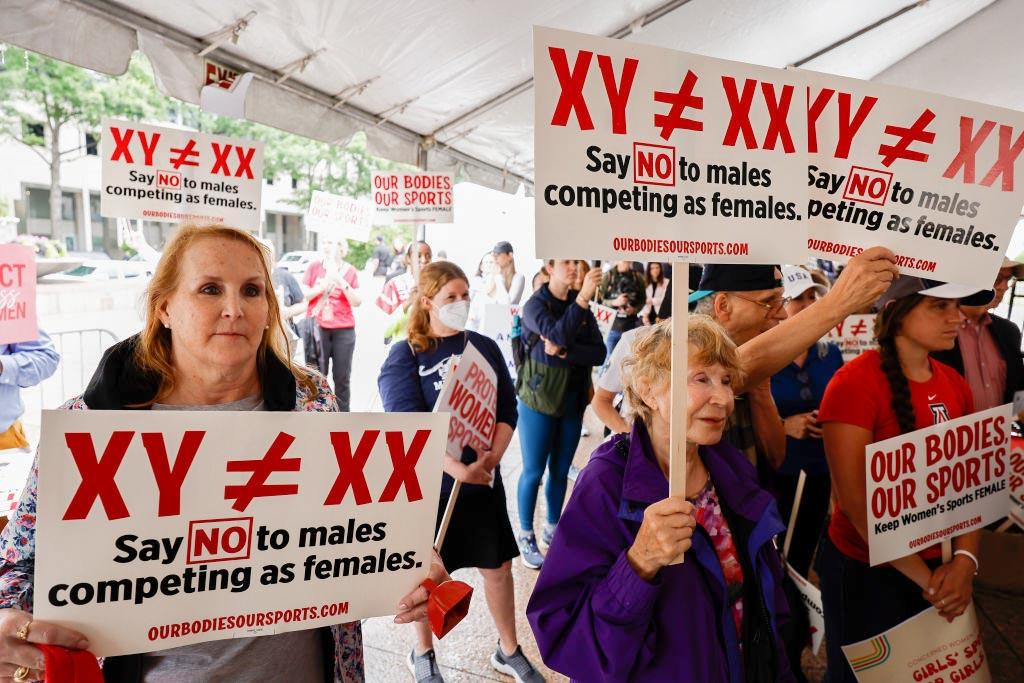Oregon state Rep. Andrea Salinas likely has topped nine Democratic primary candidates who were vying to represent the state’s first new congressional district in 40 years.
Oregonians were choosing candidates for six congressional districts on May 17 for the first time in state history; based on recent population growth reflected in the 2020 Census, the state was awarded a new congressional district.





